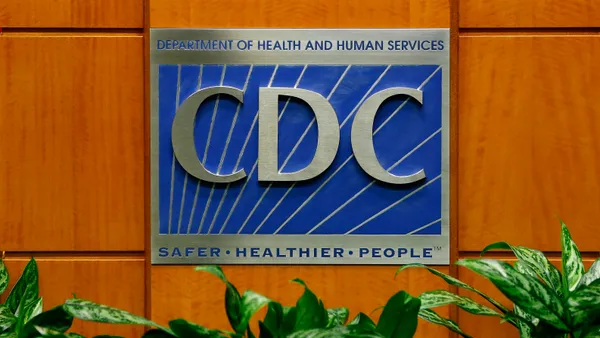The Food and Drug Administration on Thursday lifted its recommendation to pause use of Valenva’s chikungunya vaccine Ixchiq in older adults, but added new warnings about the shot’s risks and limited who is eligible to receive it.
The FDA’s action follows a similar move by the European Medicines Agency, which had paused use along similar lines as the FDA. However, the U.S. regulator’s changes to Ixchiq’s labeling appear likely to curtail how broadly its used in the future.
“Vaccination with Ixchiq is not advisable for most U.S. travelers. For most U.S. travelers, the risk of exposure to chikungunya is low,” the updated label says.
The FDA also changed Ixchiq’s indication to include adults 18 years and older who are high risk of exposure to chikungunya. Previously, the label prescribed use in adults who are at increased risk of exposure.
Valneva’s shot was approved in the U.S. in 2023, becoming the first vaccine to prevent illness caused by the chikungunya virus, which is transmitted by infected mosquitoes.
But the shot has come under heavy scrutiny this year after reports by early May of more than a dozen serious adverse events, including two deaths, in adults between the ages of 62 and 89. The cases mostly occurred in people with underlying health conditions. The EMA temporarily suspended use of the shot in May and the FDA followed suit.
Ixchiq contains an attenuated version of the chikungunya virus. In its statement Thursday, the FDA noted that some of the side effect cases reported to regulators included reactions that are consistent with severe complications of chikungunya.
The warnings and precaution section of Ixchiq’s label has been expanded to reflect the reported serious adverse events, and notes the risk may be highest in adults aged 65 years and older with one or more chronic conditions.
Valenva, in a statement, said that an FDA review of a potential extension of the shot’s label to teenagers remains ongoing.
Some within the FDA have reportedly taken a dim view of Valneva’s shot. A July report from Endpoints News cited an anonymous agency official who described Ixchiq as “the Sarepta of vaccines.”
Sarepa Therapeutics makes a gene therapy called Elevidys for treatment of Duchenne muscular dystrophy. It’s been linked to the deaths of two teenagers who received it, sparking an unusual regulatory standoff between the company and the FDA.
The FDA has taken a more critical view of vaccines under the leadership of Health and Human Services Secretary Robert F. Kennedy Jr. Agency leaders have enacted new frameworks and limited approvals for certain shots.
















